Fast Food Ages You Fast
- Posted on: Aug 5 2013
You cannot prevent all the signs of time on your skin, but you can hold them at bay pretty effectively. As your largest organ, skin needs as many nutrients as any other part of your body.
Research proves that eating right keeps skin cells vibrant, elastic, and resistant. Dr. Asarch has written a book with Chef Neal Mendel full of healthy skin recipes, The Beautiful Skin Diet, available on Amazon.
Fast Food Ages You Fast
Most people do not want to make big changes. They think healthy food will taste like cardboard. Food brings us pleasure and happiness. It’s our reward and solace. We eat what we know and what we like.
Food is a habit. In our busy lives, we eat what’s convenient. This often means prepackaged meals, full of preservatives and toxic fats. Prepackaged foods, frozen meals, microwavable dishes and easy-mix formulas have much less nutrition than meals with fresh ingredients. Pre-made foods fill your stomach, but they leave your body starving for nutrition. Choosing different foods can feel overwhelming. However, with a few basic principles, you may be surprised at how easily you can eat simple, delicious food that gives you gorgeous skin. You have many reasons to look closer at what you put into your body.
Follow this link to read about the TOP TEN FOODS TO AVOID from Dr. Asarch.
What You Get From Food
You need excellent nutrition to have beautiful, healthy skin as you age. Most of know that we should eat a healthy diet, but we are unsure or even unaware of what is really healthy for us. Your skin requires daily levels of protein, carbohydrates, fats, vitamins, phytochemicals, and minerals.
For lovely skin you need vitamins A, C and E, and the right ratio of omega-3 to omega-6 fatty acids. Healthy food keeps skin looking beautiful by preventing inflammation, wrinkles, and other skin conditions. Eat all of the following to have healthy skin.
Protein-Proteins are made up of smaller amino acids. You can only get certain proteins through your diet, but your body can make others. You need protein for tissue growth and to replace and maintain cells. You also need proteins to make enzymes and antibodies. When you are starving, your body uses protein for energy.
Carbohydrates-Carbohydrates give you most of your energy. They mainly come from plants. Simple carbohydrates digest quickly, turning into sugar that enters your blood and raises insulin. Complex carbohydrates, chains of simple sugars bound together, take longer to digest.
Fats-Fats provide energy, act as building blocks for essential chemicals, and carry fat soluble vitamins. Most dietary fat is from a group of chemical compounds. It is important to remember to avoid fats that are solid at room temperature. Try to use only olive oil and canola oil in cooking. Be sure to cook oil at lower temperatures for longer, rather than at high temperatures to keep damaging chemicals from forming.
Minerals-Minerals are inorganic elementary substances found in soil and water. The minerals your body needs the most are calcium, phosphorus magnesium, sodium, potassium, and chloride. The others are only needed in small amounts. You need minerals for almost all of your body processes.
Vitamins-You need vitamins in small amounts to have a normal metabolism. Since your body can only make vitamins D, K and the B vitamin biotin, most vitamins have to come from your diet or from supplements. Vitamins are either fat-soluble or water soluble. Fat-soluble vitamins (A, D, and E) are stored in the body so taking too much of these can be toxic. Your body does not store water-soluble vitamins. You have to keep taking them to have them in your body.
Phytochemicals-Phytochemicals are non-nutritive plant chemicals that contain protective, disease-preventing compounds. Polyphenols are powerful antioxidants. One type of polyphenol is a group called Flavanoids or bioflavanoids which are found in green tea, most fruits and vegetables, as well as nuts, seeds, grains, and soy products. They are also in coffee and red wine.
Read more about nutrition in Dr. Asarch’s book The Beautiful Skin Diet, now available in a digital version!
image source foodimentary.com
Posted in: Blog Post

